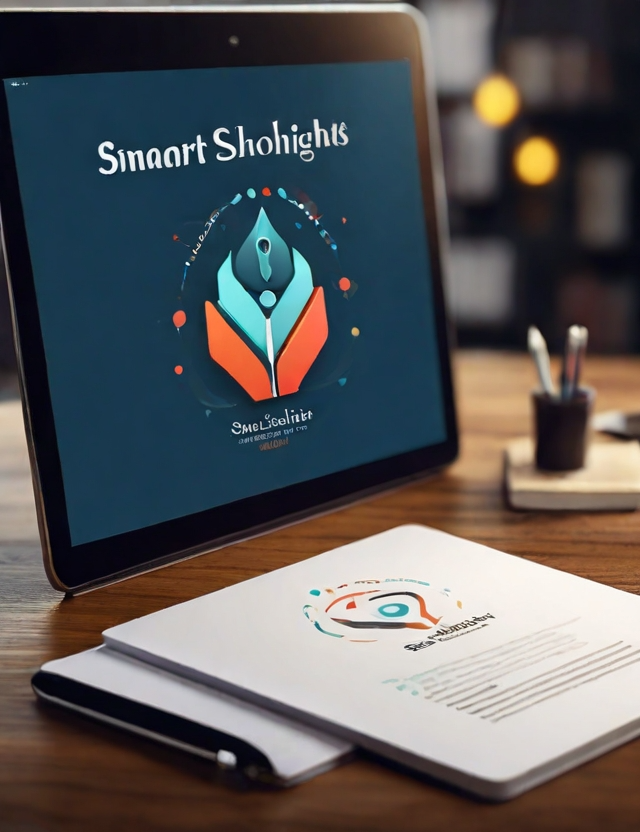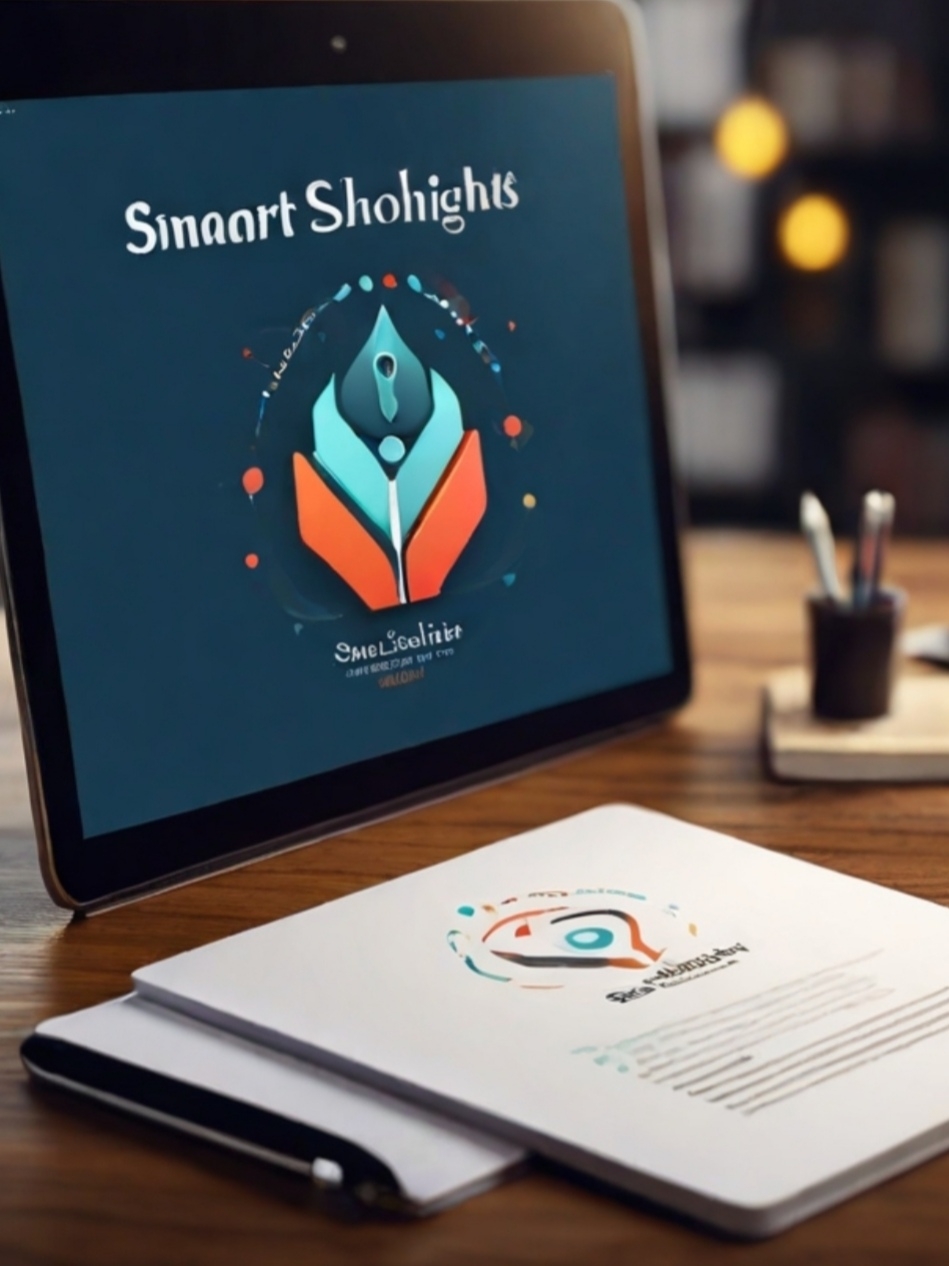Unveiling the Blueprint for Academic Triumph: Mastering Effective Study Techniques
In the realm of academia, success is not merely measured by the accumulation of knowledge but by the mastery of effective study techniques. These techniques serve as the cornerstone upon which students build their understanding, retention, and application of information. In this essay, we will delve into the significance of effective study techniques and explore a range of strategies that can empower students to excel in their academic pursuits.
At the heart of effective studying lies the principle of active engagement with the material. Instead of passive absorption, active learning involves deliberate interactions with the content, such as summarizing, questioning, and applying knowledge. By immersing themselves in the learning process, students deepen their understanding and develop critical thinking skills essential for academic success.
One of the most potent study techniques is spaced repetition, a method that leverages the spacing effect to enhance memory retention. By spacing out study sessions over increasing intervals of time, students reinforce their understanding of key concepts and prevent forgetting. This technique is particularly effective for long-term retention, making it invaluable for mastering complex subjects and preparing for examinations.
In addition to spaced repetition, retrieval practice is another powerful tool for enhancing learning outcomes. Retrieval practice involves actively recalling information from memory through techniques such as self-quizzing, flashcards, or practice tests. By repeatedly retrieving information, students strengthen their memory retrieval pathways and improve their ability to recall information when needed. Moreover, retrieval practice fosters metacognitive awareness, enabling students to assess their understanding and identify areas requiring further review.
Effective note-taking is another essential study technique that aids in the synthesis and retention of information. Whether through traditional handwritten notes or digital platforms, organized note-taking facilitates comprehension and serves as a valuable reference during revision. Techniques like the Cornell method or concept mapping encourage active engagement with the material, promoting deeper understanding and retention.
Moreover, creating an optimal study environment is crucial for maximizing learning outcomes. Minimizing distractions, establishing a designated study space, and adhering to a structured study schedule foster concentration and productivity. Incorporating breaks, maintaining physical well-being, and practicing stress management techniques are equally vital for sustaining focus and cognitive function during study sessions.
In conclusion, effective study techniques are indispensable tools for academic success. By embracing active learning, incorporating spaced repetition and retrieval practice, taking organized notes, and cultivating a conducive study environment, students can enhance their comprehension, retention, and application of knowledge. Moreover, adopting a growth mindset and perseverance in the face of challenges are essential for realizing one's full academic potential. Through consistent practice and the deliberate application of effective study techniques, students can embark on a journey of intellectual growth and achievement.


Comments
Post a Comment